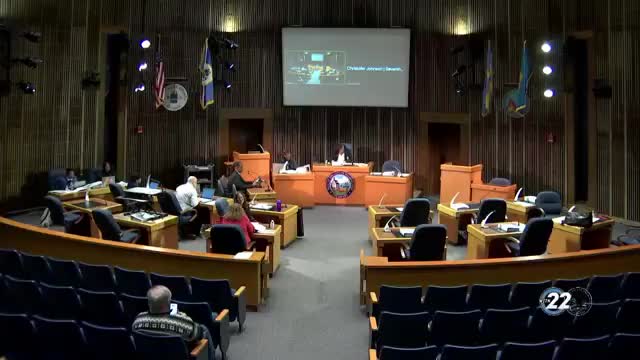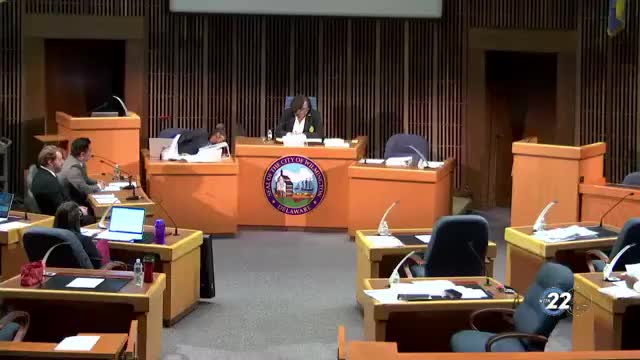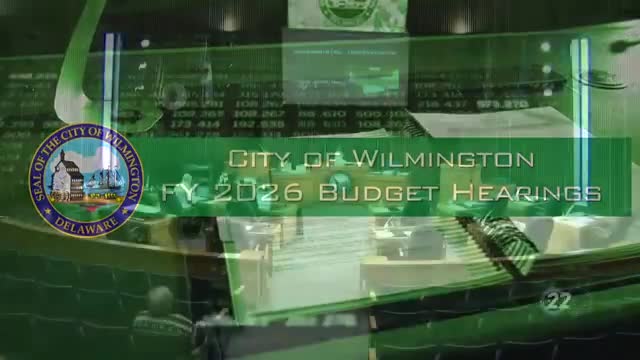Article not found
This article is no longer available. But don't worry—we've gathered other articles that discuss the same topic.

City IT seeks funding to replace aging hardware, shore up cybersecurity and pilot AI over 15 months

Office of Economic Development keeps strategic fund, boosts DBE tracking and wraps loan partnerships in FY2026 request

